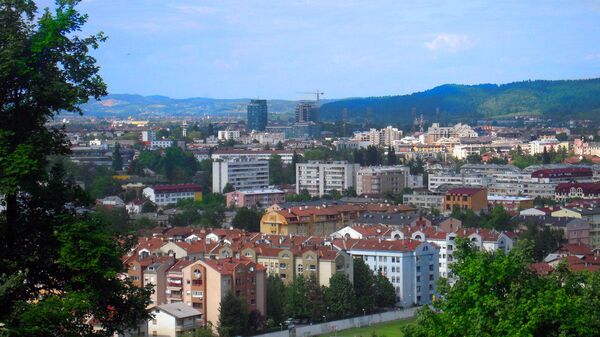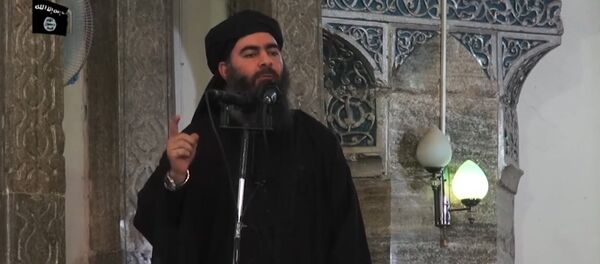"For years, Bosnia and Herzegovina has refused to make a list of jihadists residing in the country. The main sources of their financing are various foundations and real estate deals. Immigrants from the Middle East buy real estate mostly near Sarajevo. Official data says 30,000-50,000 Arabs live there. Those settlements are not controlled by authorities," Mijalkovski told Sputnik Serbia.
Earlier this year, it was reported that 30 percent of those who moved to Bosnia and Herzegovina from the Arab world, primarily the Gulf states, follow Wahhabism and Salafism, primarily known because terrorist groups such al-Qaeda and Daesh adhere to these ideologies.
The expert said that terrorist attacks against the Serbian population cannot be ruled out.
"Anyone can become a target for terrorists. But Serbia and Republika Srpska risk becoming the priority targets. Terrorists will not give up on their plan to establish a caliphate in the Balkans," he said.
According to Mijalkovski, the current problem is rooted in the fact that after the war in the Balkans those mujahedeen who fought on the side of Bosnian Muslims did not return to their countries.
According to a Global Financial Integrity report, some $850 million was withdrawn from Bosnia between 2001 and 2010. Possibly, that was related to the increasing activities of non-commercial organizations allegedly close to extremist groups in the Middle East.
Many of those organizations are blacklisted by the UN Security Council. However, they continue to remain registered in Bosnia and Herzegovina, for example, Al-Haramain & Al Masjed Al-Aqsa Charity Foundation.
Bosnian media has repeatedly reported on training camps for Daesh militants. According to media reports, the largest of them is located in the village of Bezicani, on the territory of a former range of the Yugoslavian army.
"This proves that those organizations are focused on combat training. They want to create a military structure that would be a threat for the entire region. If a terrorist attack is carried out somewhere in the Balkans the Islamic factor will once again intensify in the region," Mijalkovski concluded.





